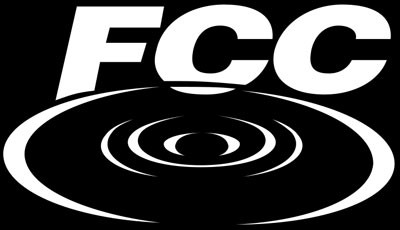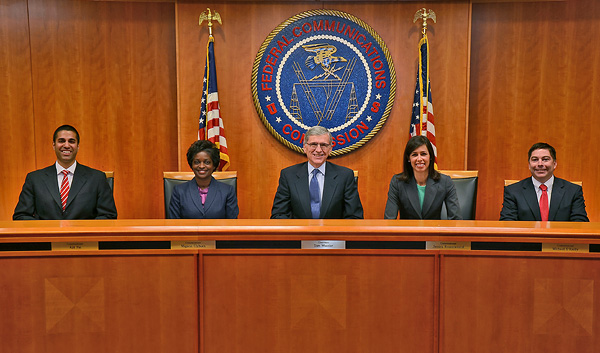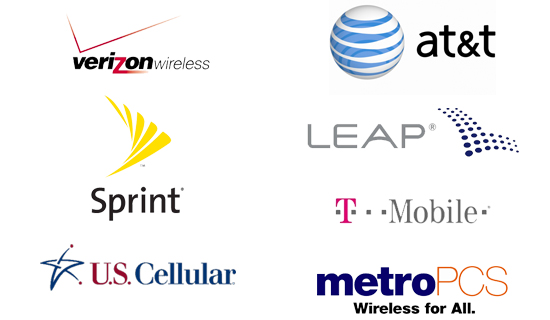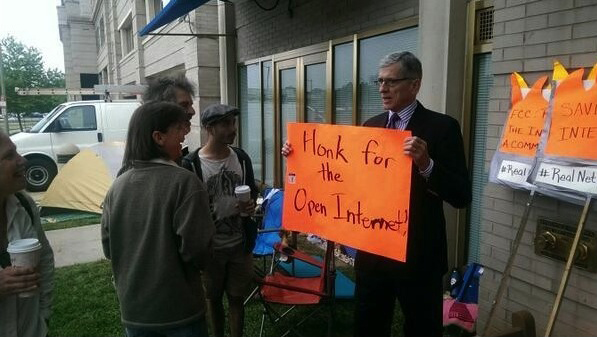Wireless is Key Part of FCC Net Neutrality Vote
The vote today (Feb. 26) may not have been a surprise, but the sweeping power over wired and wireless Internet access that the Federal Communications Commission (FCC) just gave itself would have been unthinkable even months ago. The FCC voted 3-2 to a


The vote today (Feb. 26) may not have been a surprise, but the sweeping power over wired and wireless Internet access that the Federal Communications Commission (FCC) just gave itself would have been unthinkable even months ago.
The FCC voted 3-2 to approve a policy of net-neutrality regulation that classifies Internet service providers (ISPs) — both wired and wireless — as something akin to a public utility, invoking Title II of the Telecommunications Act of 1996.
The upshot is that your Netflix, YouTube, online gaming and any other (legal) Internet activities now have government protection against being blocked or slowed down. Furthermore, all these protections apply to wireless Internet connections, too. Lawsuits by ISPs and wireless providers are sure to follow.
MORE: What Is Net Neutrality? An FAQ
"This is a big deal," said FCC commissioner Jessica Rosenworcel, a Democrat, in an understatement. The Title II decision would have been hard to imagine even last May, when FCC chairman and longtime cable and telecom executive, Tom Wheeler, also a Democrat, proposed a legally shaky plan that didn't go anywhere near Title II.
Wireless is covered, too

Though regulation of wired providers was hard to imagine, applying net neutrality rules to wireless carriers was make-your-head-explode inconceivable until recently. The argument against regulating wireless data connections had always been that wireless Internet was a special case, as it was a new industry struggling with a limited amount of usable radio spectrum.
But the three Democratic members of the FCC tossed out that argument, in part because mobile Internet access has become so widespread.
Get instant access to breaking news, the hottest reviews, great deals and helpful tips.
"Users of mobile devices should not be relegated to a second-class Internet," said Commissioner Mignon Clyburn, also a Democrat. "Many people have a mobile phone as their only access to the Internet."
She pointed out that mobile-only Internet access is especially common among lower-income Americans and those who are members of ethnic or racial minorities.
Republican commissioner Michael O'Rielly (an Obama appointee like all current commissioners) criticized the decision to include wireless data as technologically foolish.
"The [FCC] abdicates its role as an expert agency by defining and classifying services based on unsupported and unreasonable findings," O'Rielly said at today's meeting. "It fails to account for substantial differences between fixed [landline] and mobile technologies."
Warnings about wireless
Possible violations of net neutrality are numerous when it comes to wireless data.
"Providers [have] blocked applications on mobile devices," Clyburn said, "which not only hampers free expression — it also restricts innovation by allowing wireless companies, not the consumer, to pick winners and losers."
Republican commissioner Ajit Pai saw that issue differently in a statement issued Feb. 10. Pai warned that net-neutrality regulations would prevent carriers from providing sponsored freebies, saying that the FCC plan "goes out of its way to say that sponsored-data plans and zero-rating programs, like T-Mobile's Music Freedom offering," would be prohibited.
MORE: Could Net Neutrality Ruin the Internet?
However critics such as Evan Greer of activist group Fight for the Future have pointed out that offering freebies from certain companies would in fact let wireless carriers pick winners and losers.
Throttling access of websites to ISPs also covered
A little-understood but very big aspect of today's policy change is that it will allow the FCC to oversee the connections between ISPs and edge providers — online companies such as Google, Facebook, Spotify and many other websites. Netflix, the biggest edge provider in the U.S. during prime television-viewing hours, has faced problems with its connections to broadband providers.
MORE: The Case Against Time Warner-Comcast Just Got Stronger
Mark Taylor, vice president of giant Internet-backbone provider Level 3 Communications, said earlier this year that major American ISPs have been clogging these connections to the wider Internet, deliberately slowing down traffic into their networks. From his vantage point inside Level 3, he said he has the data to prove it.
Wheeler's philosophy

In his final remarks, which drew applause from the audience gathered for today's meeting, FCC commissioner Wheeler summed up the pro-regulation argument just before the commission took its vote.
"The Internet is the most powerful and pervasive platform on the planet," Wheeler said. "It's simply too important to leave without rules and without a referee on the field."
5 Freedoms You'll Lose Without Net Neutrality (Op-Ed)
Netflix vs. Amazon Prime Instant Video: Face-Off
Your Guide to Cable TV Cord-Cutting
Follow senior editor Sean Captain @seancaptain. Follow us @tomsguide, on Facebook and on Google+.
Sean Captain is a freelance technology and science writer, editor and photographer. At Tom's Guide, he has reviewed cameras, including most of Sony's Alpha A6000-series mirrorless cameras, as well as other photography-related content. He has also written for Fast Company, The New York Times, The Wall Street Journal, and Wired.
-
EB2838 Very clearly an existing problem; one that is likely to get worse absent regulation. Just look at the Netflix shakedown from late 2013/early 2014 by Comcast.Reply
 Club Benefits
Club Benefits





